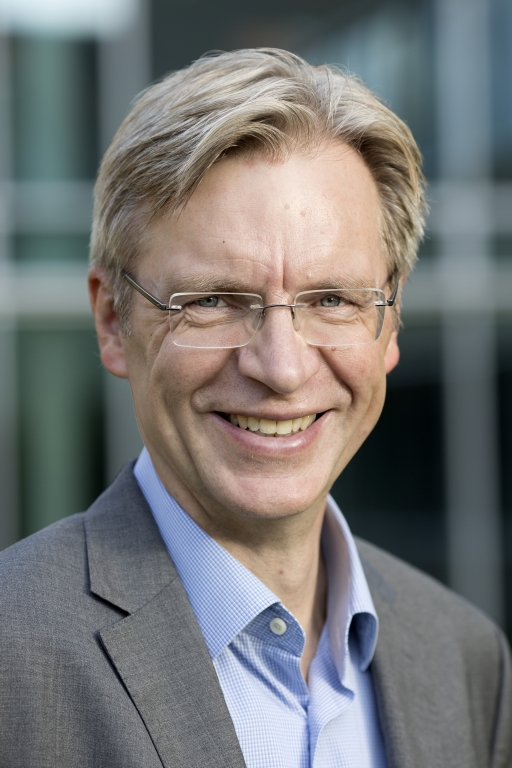Funding for research in improving plastics recycling
Over one third of the plastics produced are used only once and then discarded. The majority of these plastics end up in landfills and our oceans. Professor Troels Skrydstrup has been awarded a Semper Ardens grant for developing new means to deconstruct some of the most commonly used plastics, which can then be exploited again as new useful plastic.

Carlsberg foundation has awarded a total of 200 million DKK for 13 new Semper Ardens projects. Troels Skrydstrup are one of the prominent researchers who have received a Semper Ardens grant and has been awarded 7.5 million DKK. Carlsberg Foundation expects the outcome of his project will provide new scientific innovations that will ensure Denmark's continued leadership in international top research and contribute to solving the world's major challenges.
What
In this project, Skrydstrup’s research group will focus on the development of new chemistry for cleaving strong molecular bonds that are essential for the structural integrity of societal important materials, such as plastics. The science to be developed will lead to new means for the molecular deconstruction of some of the most commonly used plastics, either back to their original chemical building blocks that can then be exploited for the production of the original plastic, or to the building blocks of an entirely new but useful plastic, e.g. the conversion of single-use plastic bags to one of the chemical building blocks required for the production of automobile tires or synthetic rubber.
Why
Plastics are products of the petrochemical industry fabricated to be durable materials with long-lasting properties. Yet as desirable as such properties may be, over one third of the plastics produced are used only once and then discarded. The major plastics, composed of polymers including polyethylene, polypropylene, polyethylene terephthalate and others, cannot biodegrade or degrade very slowly over hundreds of years. As such, these plastics end their “service life” in landfills and our oceans, leading once again to a devastating and man-made environmental catastrophe. Therefore, innovative chemical technologies are immensely in demand for the energy efficient deconstruction of such polymers into their chemical building blocks or others.
How
The energetic barriers for cleaving strong chemical bonds in polymers are high, and as such fundamental research is a necessity to identify how to break such bonds. A key solution to this intriguing scientific problem is to apply catalysis, being the science of accelerating chemical elementary processes, by decreasing the energy required to start off the chemical reaction. Skrydstrup’s research will explore new catalysts based on earth abundant transition metal complexes, and design optimal ligands imparting new and selective reactivity to the metal centre of these catalytic composites. The catalysts will initially be investigated with model systems in order to evaluate their efficiency for strong bond cleavage, before examining the polymers in question.
Scientific Social Responsibility
Undoubtedly, the successful completion of just one of these projects would lead to new and alternative chemical technologies of tremendous value for the deconstruction of well-known polymers in our day-to-day lives. Development of the catalysts themselves is, however, not the total solution for providing a sustainable society with plastic recycling. But it does represent an integral part of a larger process to deliver new and viable solutions for the management and deconstruction of plastic waste. Furthermore, the chemistry developed in this research proposal could have other significant applications e.g. in biomass deconstruction of Nature’s polymers including lignin or fatty acids, molecules also composed of some of the same strong chemical bonds.
About Semper Ardens
Semper Ardens means "passionate, always burning". Since its foundation in 1876, the motto has been a guide in the Carlsberg Foundation's pursuit of perfection in its work for Danish research. The 13 new Semper Ardens projects, which the Carlsberg Foundation is now launching for just over DKK 200 million, have a passionate and always burning researcher with particularly visionary research ideas at the forefront. Characteristic of the research projects is that they represent the supreme in science and have the potential to create scientific breakthroughs and develop Danish research. All grant recipients are internationally recognized top researchers with links to Danish research environments.
You may find the press release by Carlsberg Foundation here.
For further information, contact
Professor Troels Skrydstrup
Interdisciplinary Nanoscience Center
Department of Chemistry
Aarhus University
Denmark
Email: ts@chem.au.dk
Phone: 45 - 87 15 59 68
